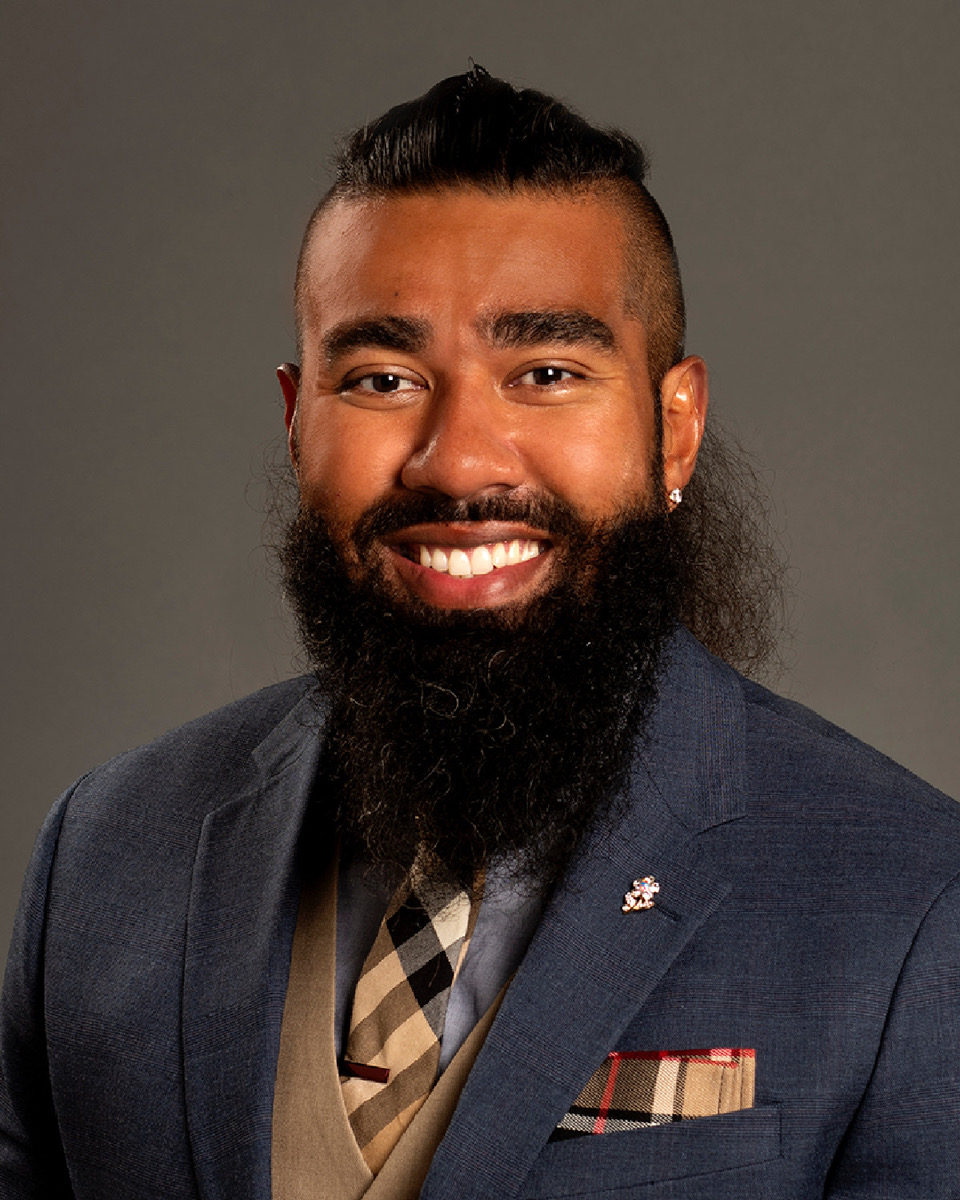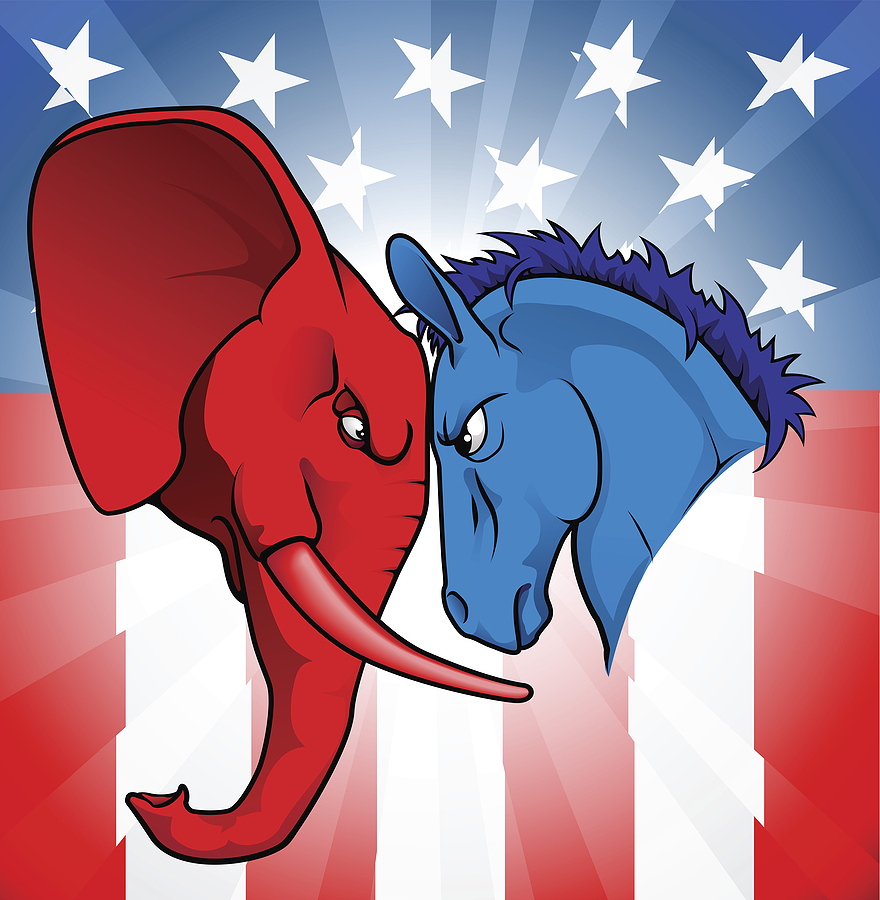Every four years for us common folks, every two years for the politically active, and every day for those employed in the industry of politics, we experience waves of ideological polarization.
Ideas and ideologies we generally deem tangential become vital assessments influencing who we befriend, how we interact with family, where we buy coffee, what we boycott. We’re seldom better for it, fresh wounds healing into emotional scars serving as remnants cautioning against getting comfortable in our surroundings.
Our political polarization creates a radioactive climate where opinion mutates into truth; we no longer ask, “What is your opinion?” but rather, “What is your truth?”
What was once subjective is now objective. Once figurative is now literal. The focus of this piece should be the search for truth, but every truth is now the truth, leaving us with the best-case scenario of searching for truce in the absence of universal truth.
Considering subjective opinions as objective truths creates an added barrier to tolerance and critical thinking, creating an added barrier to finding truce. Truce is easy to achieve when we agree to disagree on subjective opinions, but agreeing to disagree is difficult on objective truths. When there is “my truth” and “your truth,” there is no such thing as “the truth.”
Whether it’s vaccines, January 6, or the wage gap, the general public is so invested in their truth that few have an inclination toward genuine discourse with the intention to learn and not respond. Polarization makes it easy to find like-minded people exclusively, organically creating havens for agreement, and exiling all who disagree, otherwise known as echo chambers.
Searching for truce does not have to result in finding it before healing begins. It’s unlikely that truce will be found as political polarization accelerates, with some claiming that “your vote is a hate crime.” People speak of being on “the right side of history” as though they are clairvoyants assessing the present day in retrospect.
With the conflation of truth and opinion, of objective and subjective, of literal and figurative, many words seem to have lost all meaning while others seem to be on their way down this vernacular path. Searching for truce means understanding fundamental differences without having to agree with them, taking the perspective that we don’t fully understand our viewpoints until we understand the validity and credibility of opposing and conflicting viewpoints.
With little reason to seek conflicting ideas and ideologies, why should we search for truce in this polarized political climate? Because we don’t have to. To paraphrase the late President John F. Kennedy, we should search for truce not because it’s easy but because it’s hard. Taking the easy path has led us to where we are today: figurative, subjective opinions deemed literal, objective truths.
The damage accrued through traveling the path of least resistance cannot be undone. Still, healing is possible if we embrace the difficulty of understanding one another without having to agree with one another. Being open-minded has never been harder because we can live our entire lives without having to be.
Critical thinking is an active process that may be more work than it’s worth for some. But searching for truce could help heal the national divide and the subsequent isolation and loneliness many Americans feel today.


